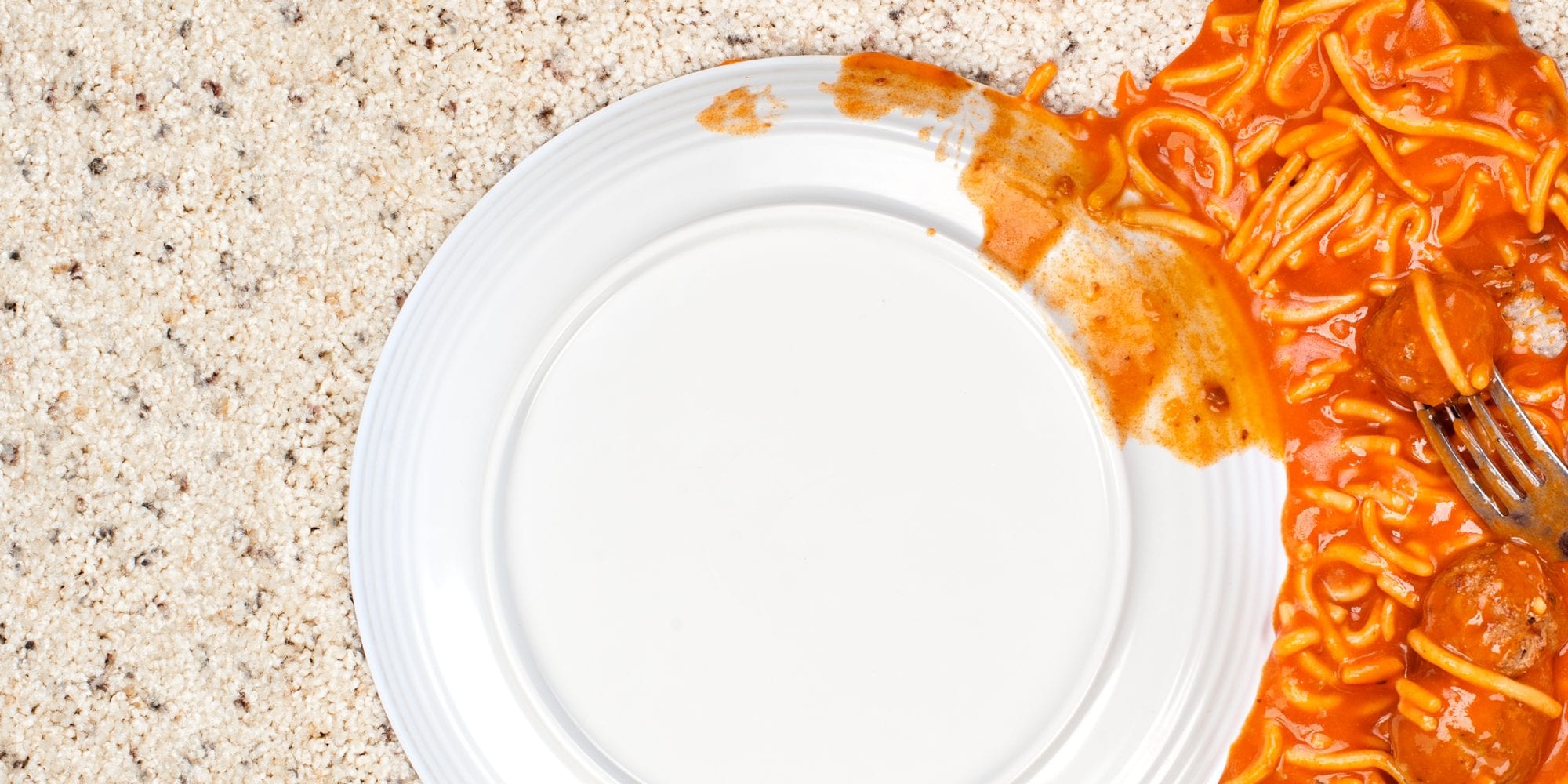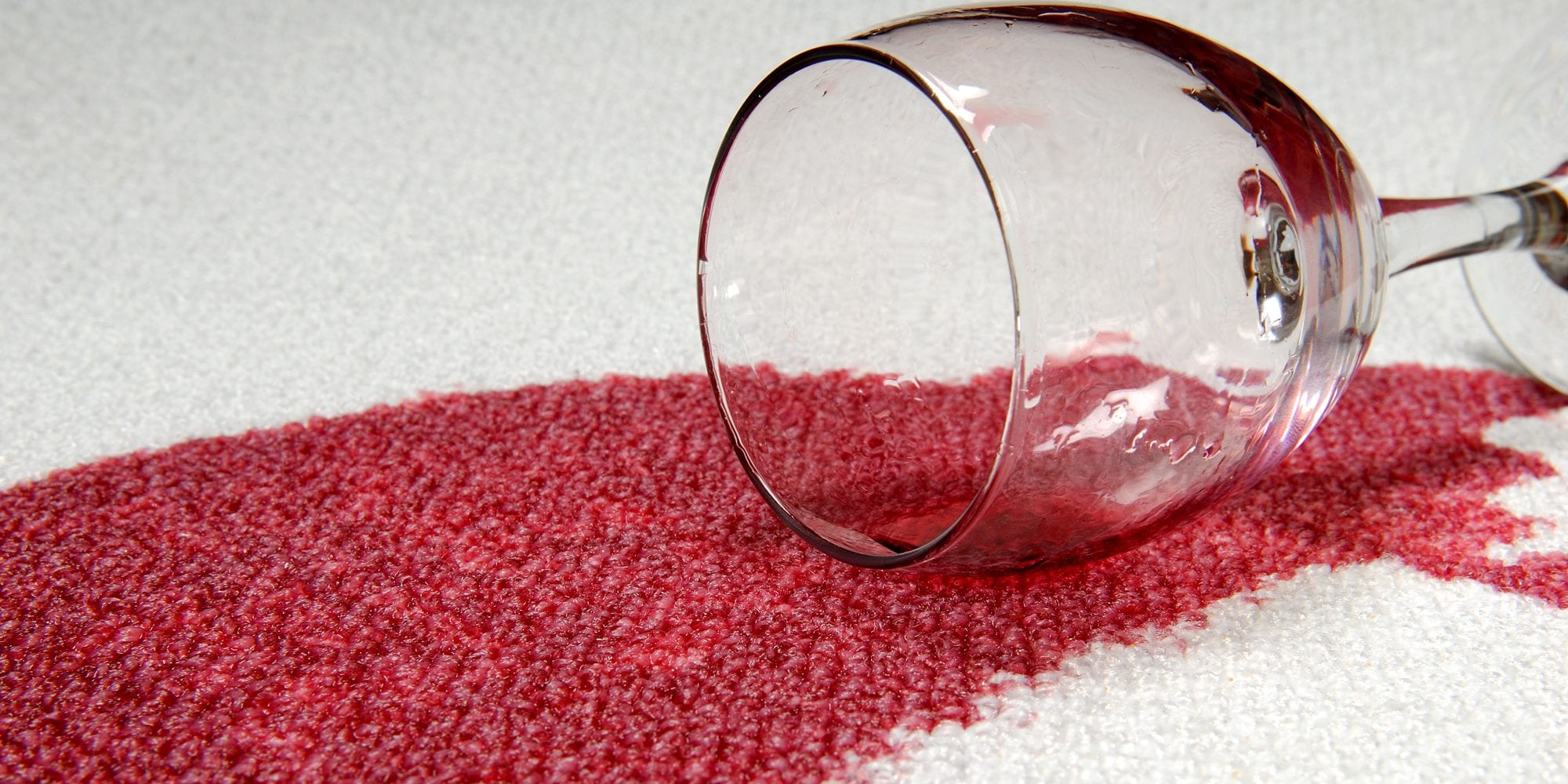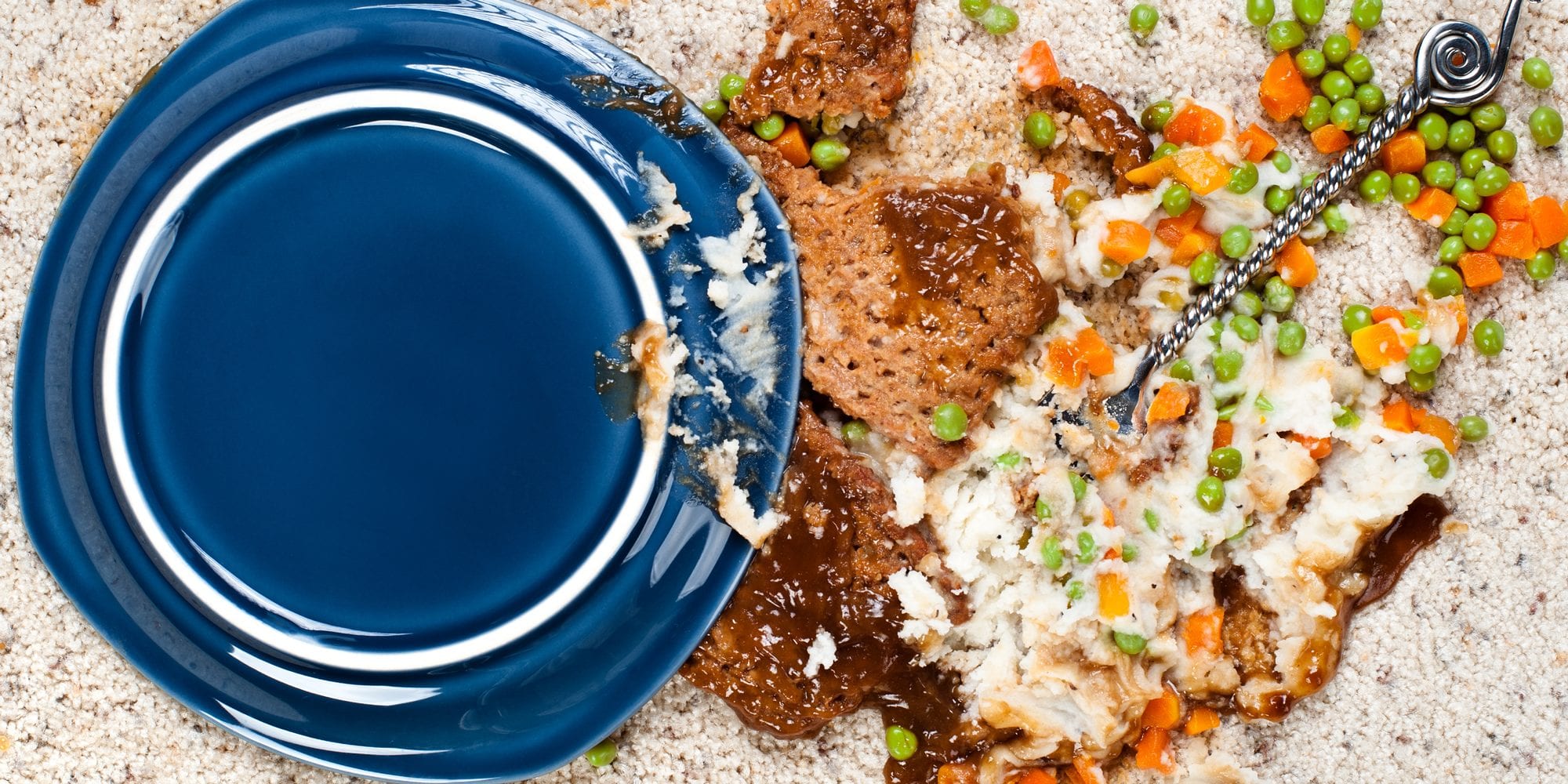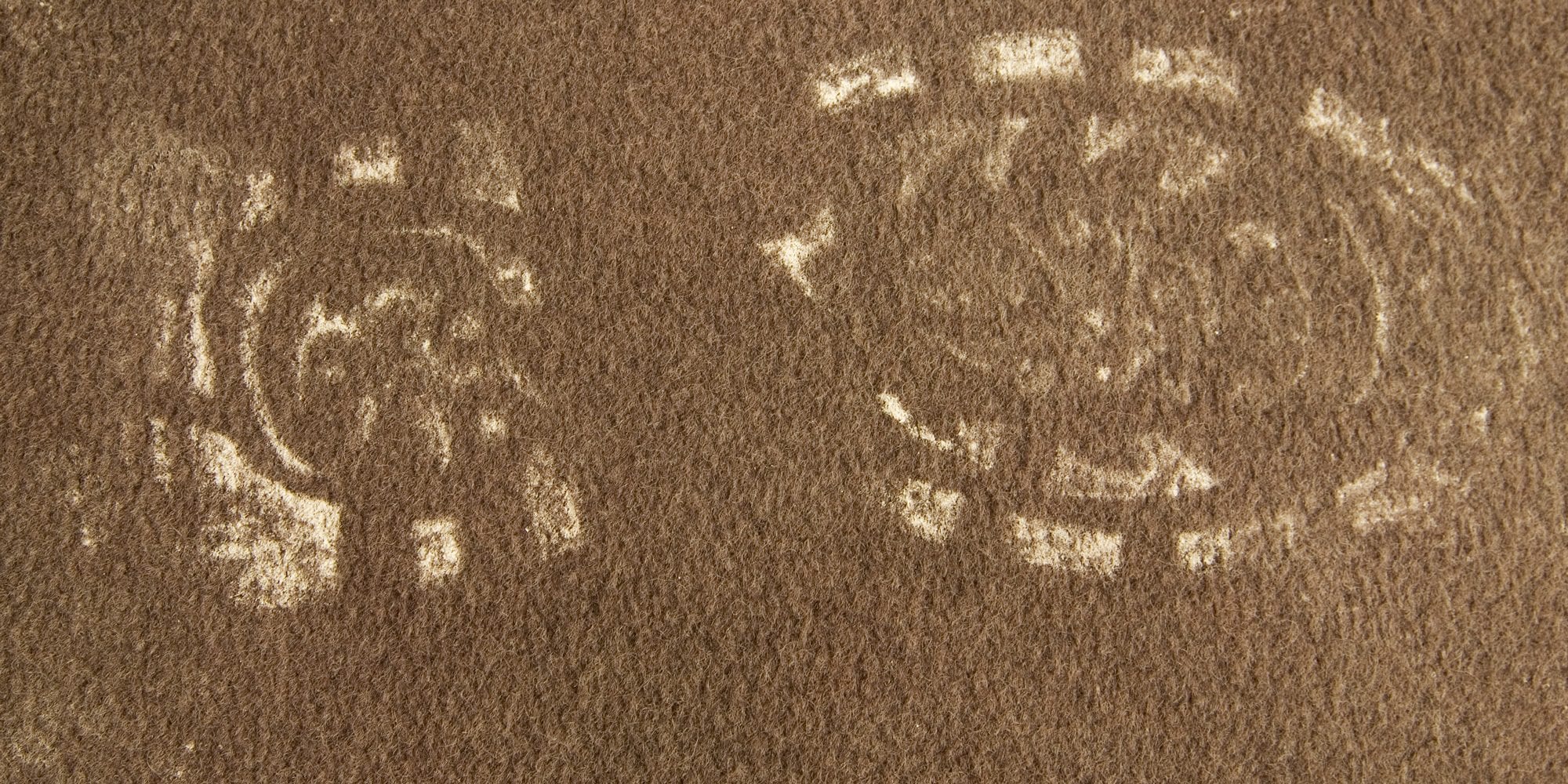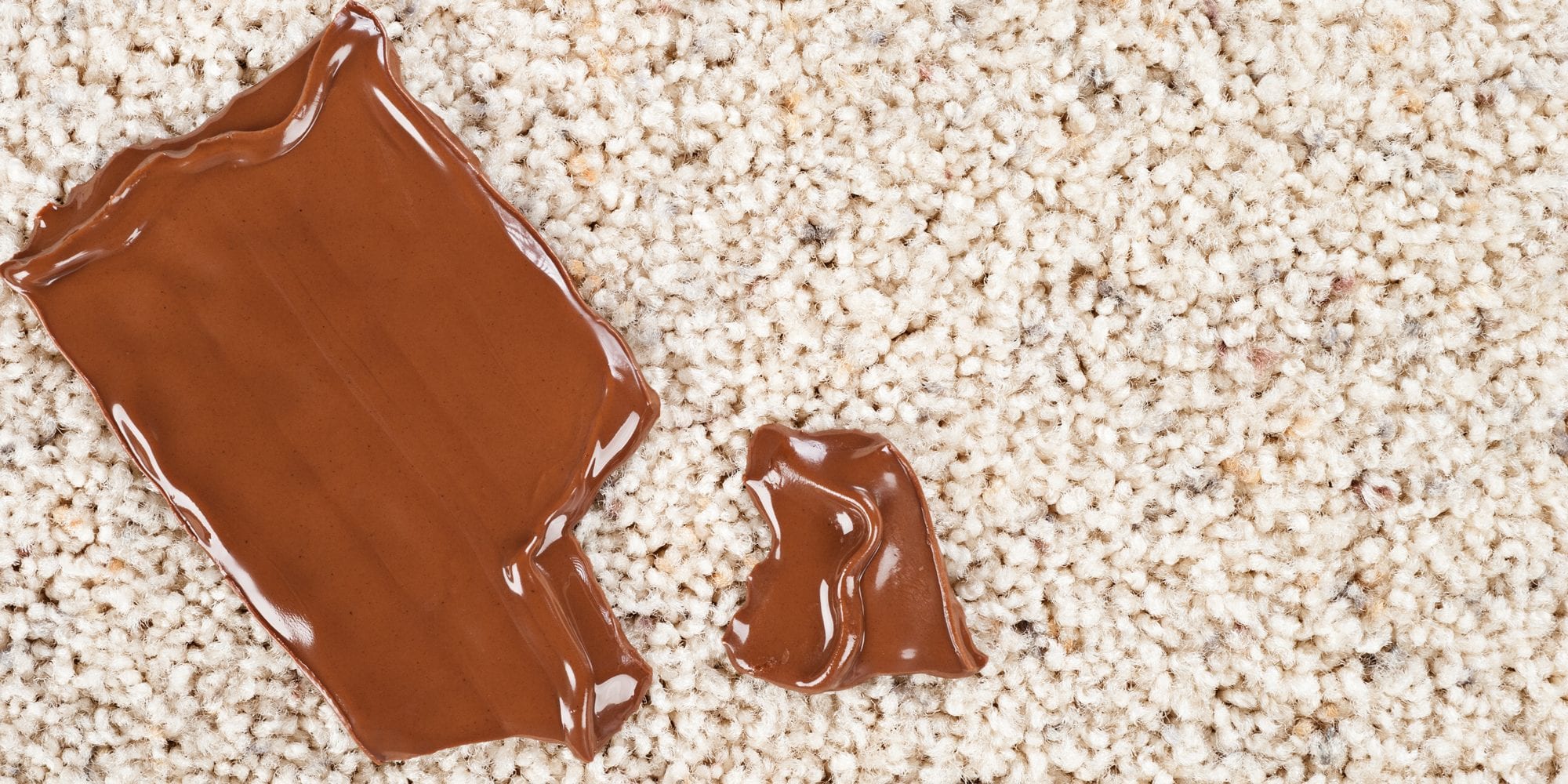Spot Removal Steps
1. Act Quickly! Most carpet available today has been treated with a stain-resist treatment, so you can remove many spills if you take immediate action. However, the longer the delay, the higher the probability of a spill becoming a permanent stain. Remember, staining is influenced by many factors, and there is not a carpet that is completely stain proof.
2. Blot liquids with a dry, white, absorbent cloth or white paper toweling (no printing).
3. Do not scrub the area! Scrubbing may cause pile distortion in the affected area. Continue to use a dry cloth or paper towels until the area is completely dry. Also, for semi-solids, gently scrape up with a rounded spoon. Then, You should break up solids and vacuum until you remove them completely. If you can identify the spot, locate the substance in the spot removal computer and follow the directions carefully.
4. Pretest any spot removal agent in an inconspicuous area to be certain the solution will not damage the fiber or the dye. Then, after applying several drops to the testing area, hold a white cloth on the wet area for 10 seconds. Examine the carpet and cloth for color transfer, color change, or damage to the carpet. If a change occurs, another cleaning solution should be selected.
5. Apply a small amount of the selected cleaning solution to a white cloth and work in gently.
6. Work from the edges of the spill to the center to prevent the spill from spreading. Do not scrub! Blot to absorb as much of the stain as possible. Then, repeat if necessary.
7. Continue using the first cleaning solution as long as there is a transfer of the spill to the cloth. It is not necessary to use all of the cleaning solutions if the first solution removes the spill.
8. Be patient! Complete removal of the spill may require repeating the same step several times. Also, do not continue to step 9 until the stain has been completely removed.
9. Rinse the affected area thoroughly with cold water, and blot with a dry cloth until all of the solution has been removed. In addition, some cleaning solutions will cause rapid soiling if the solution is not completely removed.
10. Apply a one-half inch layer of white paper towels to the affected area, and weigh down with a flat, heavy object. Continue to change paper towels as needed. A dry, absorbent, cleaning compound may be used as a substitute to accelerate drying time.

